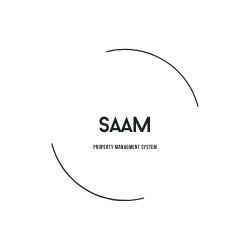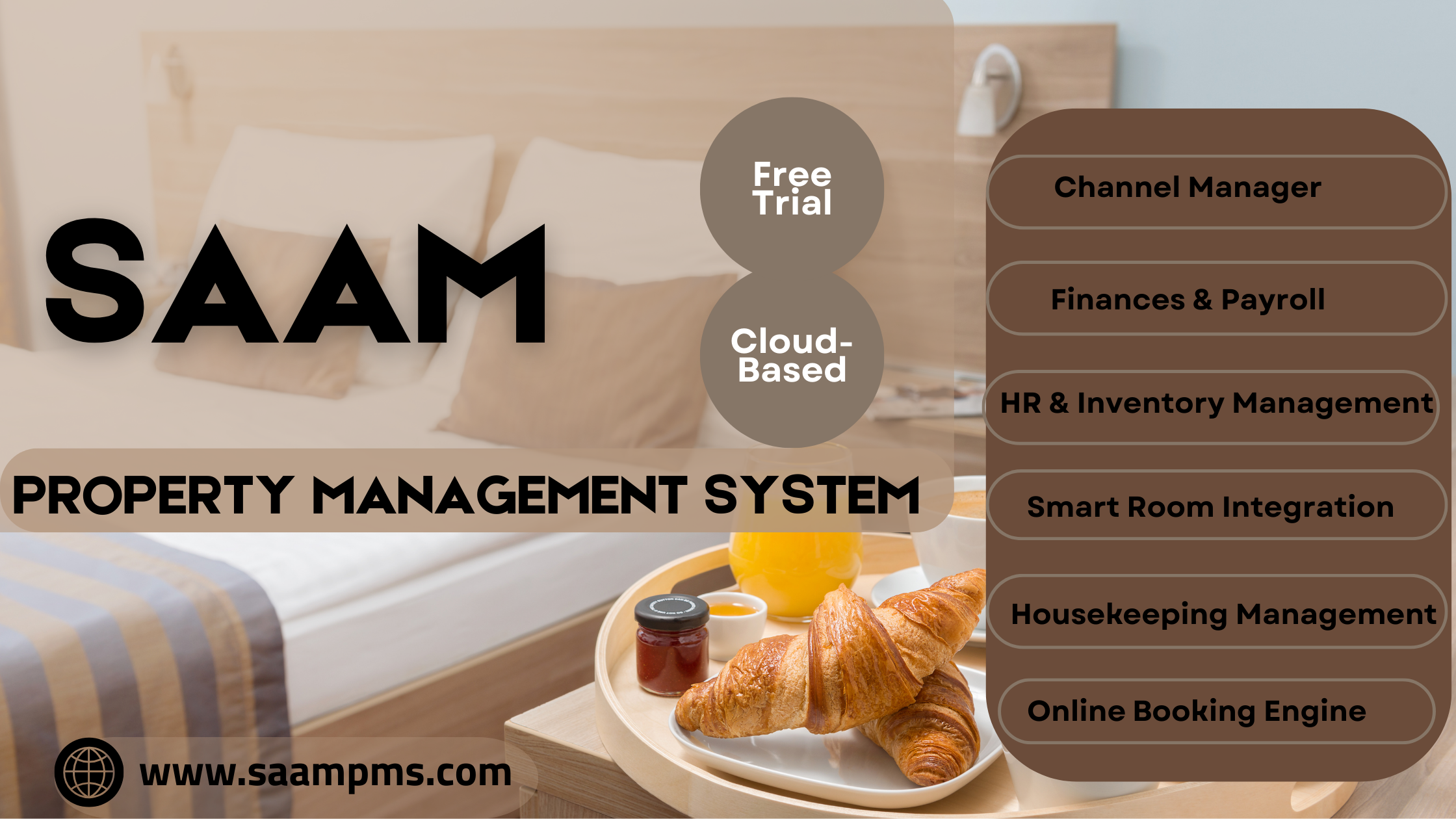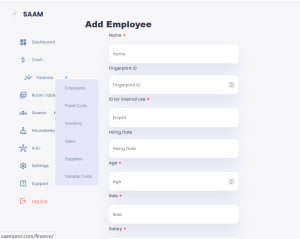Boutique Hotel Management
Managing a boutique hotel requires a blend of creativity, efficiency, and technology. These elements are pivotal in establishing a distinctive atmosphere that sets boutique hotels apart from their larger counterparts. With the right approach, you can provide a unique experience that keeps guests coming back, ensuring that your hotel not only meets but exceeds guest expectations. In this guide, we’ll explore the key aspects of managing a boutique hotel, including the best small hotel management software and reservation systems to streamline operations, ensuring that every aspect of your hotel runs smoothly.Enhancing Boutique Hotel Management
Efficiency and technology are pivotal in establishing a distinctive atmosphere that sets boutique hotels apart from larger counterparts. With the right approach, you can provide a unique experience that keeps guests returning. This guide explores key aspects of managing a boutique hotel, including the best small hotel management software and reservation systems to streamline operations.
What is a boutique hotel ?
A boutique hotel is a small, stylish, and often luxurious hotel that provides personalized services and a unique experience compared to large chain hotels.
- Size: Usually smaller, often with 10 to 100 rooms, which allows for a more intimate atmosphere.
- Design & Style: Emphasizes distinctive design, decor, and architecture, often themed or reflecting the local culture.
- Personalized Service: Staff can offer tailored, guest-focused service because of the smaller size.
- Unique Experience: Instead of a standardized feel like chain hotels, boutique hotels provide individual charm—each one feels different.
- Location: Often found in trendy urban neighborhoods, historic districts, or unique destinations.
- Ambiance: Creates a home-like, cozy, or artistic vibe, appealing to travelers who want something memorable rather than conventional.
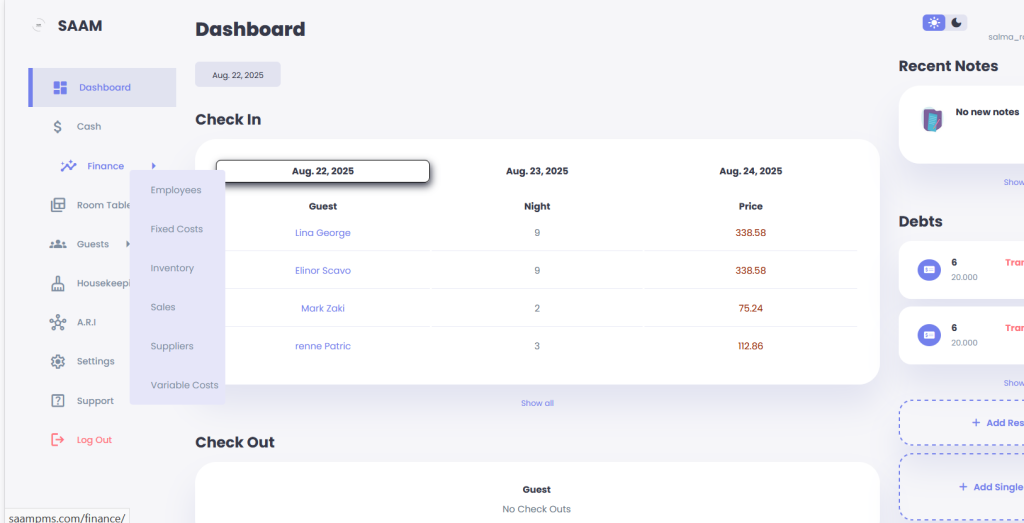
Understanding Boutique Hotels
Boutique hotels are known for their intimate size, personalized service, and unique design. They cater to guests seeking a more tailored experience compared to larger chain hotels. With fewer rooms, staff can focus on the finer details that create memorable stays. However, managing such establishments presents challenges and opportunities. From creating a unique brand identity to managing limited resources, the role of a boutique hotel manager is multifaceted.
The Role of Technology
Technology plays a crucial role in managing boutique hotels. In today’s digital age, leveraging technology is essential for staying competitive. The right software can help you manage reservations, streamline operations, and enhance the guest experience. This includes conveniences like mobile check-ins and personalized communication. Let’s explore key technologies that can benefit small hotel management.
Key Technologies for Boutique Hotels
- Property Management Systems (PMS): Centralize operations and improve efficiency.
- Automated Marketing Solutions: Enhance guest interactions and drive bookings.
- Mobile Check-In Tools: Simplify the arrival process for guests.
Choosing Hotel Management Software
Selecting the right hotel management software is essential for smooth operations. This software acts as the backbone of your hotel, managing everything from reservations to financial reporting. The best solutions offer features tailored to small hotels.
Essential Features to Consider
- User-Friendly Interface: Easy navigation minimizes training time and errors.
- Reservation Management: Efficiently manage bookings and avoid overbooking.
- Guest Profiles: Maintain detailed records for personalized service.
- Financial Reporting: Track income and expenses for strategic decisions.
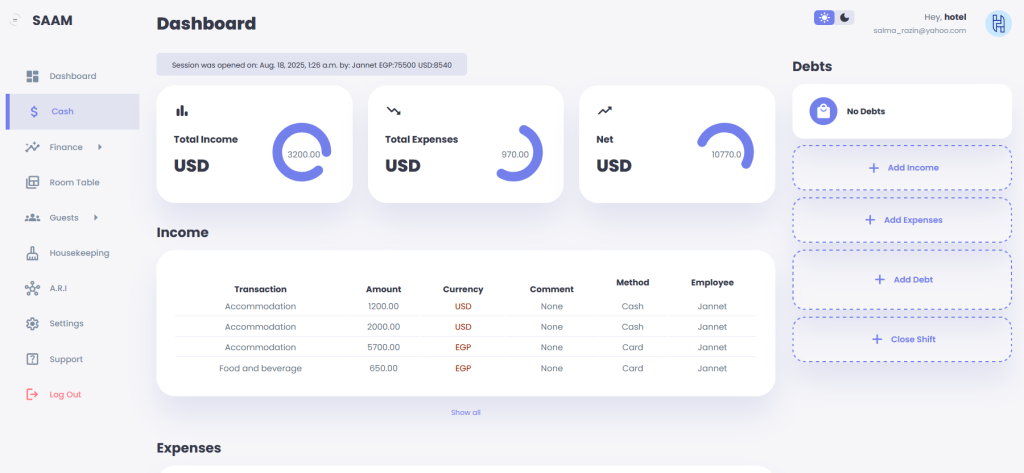
Importance of Reservation Systems
An efficient reservation system is vital for maximizing occupancy and providing seamless guest experiences. These systems help handle peak booking periods, optimizing room availability and guest satisfaction.
Key Aspects to Consider
- Real-Time Availability: Prevent double bookings and improve customer satisfaction.
- Integration Capabilities: Ensure smooth information flow across platforms.
- Customization Options: Cater to unique guest needs and preferences.
Top Reservation Systems for Small Hotels
Consider these top reservation systems designed for small hotels:
- A booking engine: Crucial for enabling direct reservations through your website.
- Mobile Compatibility: Ensure a seamless booking process on all devices.
- Secure Payment Processing: Build trust with safe transactions.
Selecting a Property Management System (PMS)
A Property Management System (PMS) centralizes hotel operations. For small hotels, the best PMS solutions offer powerful features without unnecessary complexity.
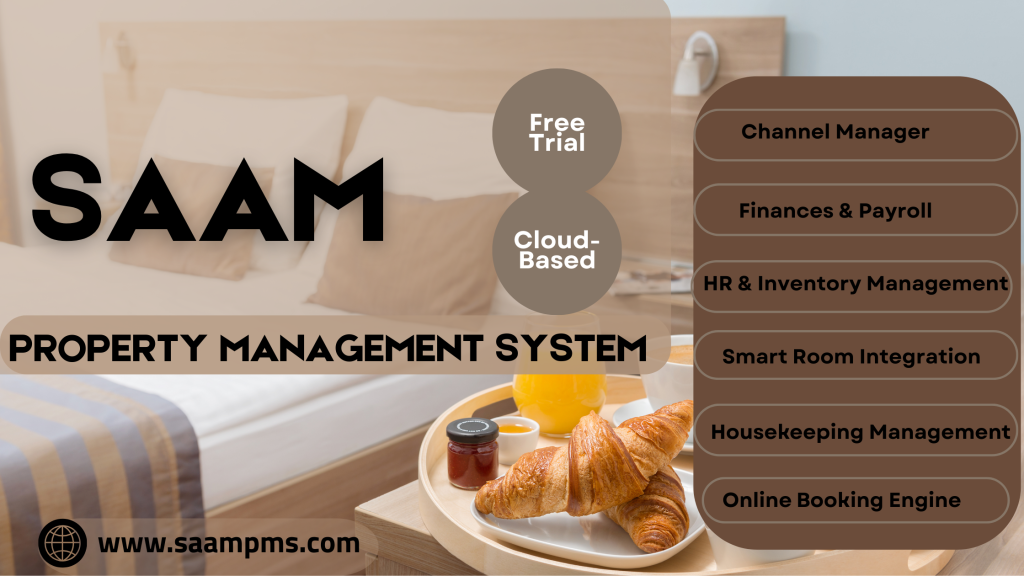
Enhancing Boutique Hotel Management
Efficiency and technology are pivotal in establishing a distinctive atmosphere that sets boutique hotels apart from larger counterparts. With the right approach, you can provide a unique experience that keeps guests returning. This guide explores key aspects of managing a boutique hotel, including the best small hotel management software and reservation systems to streamline operations.
Understanding Boutique Hotels
Boutique hotels are known for their intimate size, personalized service, and unique design. They cater to guests seeking a more tailored experience compared to larger chain hotels. With fewer rooms, staff can focus on the finer details that create memorable stays. However, managing such establishments presents challenges and opportunities. From creating a unique brand identity to managing limited resources, the role of a boutique hotel manager is multifaceted.
The Role of Technology
Technology plays a crucial role in managing boutique hotels. In today’s digital age, leveraging technology is essential for staying competitive. The right software can help you manage reservations, streamline operations, and enhance the guest experience. This includes conveniences like mobile check-ins and personalized communication. Let’s explore key technologies that can benefit small hotel management.
Key Technologies for Boutique Hotels
- Property Management Systems (PMS): Centralize operations and improve efficiency.
- Automated Marketing Solutions: Enhance guest interactions and drive bookings.
- Mobile Check-In Tools: Simplify the arrival process for guests.
Choosing Hotel Management Software
Selecting the right hotel management software is essential for smooth operations. This software acts as the backbone of your hotel, managing everything from reservations to financial reporting. The best solutions offer features tailored to small hotels.
Essential Features to Consider
- User-Friendly Interface: Easy navigation minimizes training time and errors.
- Reservation Management: Efficiently manage bookings and avoid overbooking.
- Guest Profiles: Maintain detailed records for personalized service.
- Financial Reporting: Track income and expenses for strategic decisions.
An efficient reservation system is vital for maximizing occupancy and providing seamless guest experiences. These systems help handle peak booking periods, optimizing room availability and guest satisfaction.
Key Aspects to Consider
- Real-Time Availability: Prevent double bookings and improve customer satisfaction.
- Integration Capabilities: Ensure smooth information flow across platforms.
- Customization Options: Cater to unique guest needs and preferences.
Selecting a Property Management System (PMS)
A Property Management System (PMS) centralizes hotel operations. For small hotels, the best PMS solutions offer powerful features without unnecessary complexity.
Features to Look For
- Centralized Management: Manage all operations from a single platform.
- Guest Communication Tools: Enhance experiences with automated messaging.
- Data Analytics: Use insights for informed business decisions.
Features that SAAM Property Management System offers
- Online Booking Engine: Allows guests to book rooms directly on the hotel’s website, displaying real-time availability and rates.
- Channel Management: Connects to various online travel agencies (OTAs) and other distribution channels to manage inventory and bookings across different platforms.
- Reservation Management: Handles bookings, modifications, cancellations
- Guest Profiles: Stores guest information and preferences for personalized service and repeat business.
- Check-in/Check-out: Streamlines the process of guest arrival and departure.
- Communication: Facilitates communication with guests through various channels.
- Loyalty Programs: Integrates with loyalty programs to manage rewards and special offers.
- Front disk operations : Manages room assignments, guest requests, and other front desk tasks.
- House keeping management : Tracks room cleaning status and schedules housekeeping tasks.
- Inventory Management: Manages room availability, amenities, and other resources.
- Reporting and Analytics: Generates reports on bookings, revenue, occupancy, and other key performance indicators.
- Integration with Other Systems: Connects with channel managers,Zapier, and other software systems.
- Multi-Property Support: Enables management of multiple hotels or properties from a single system.
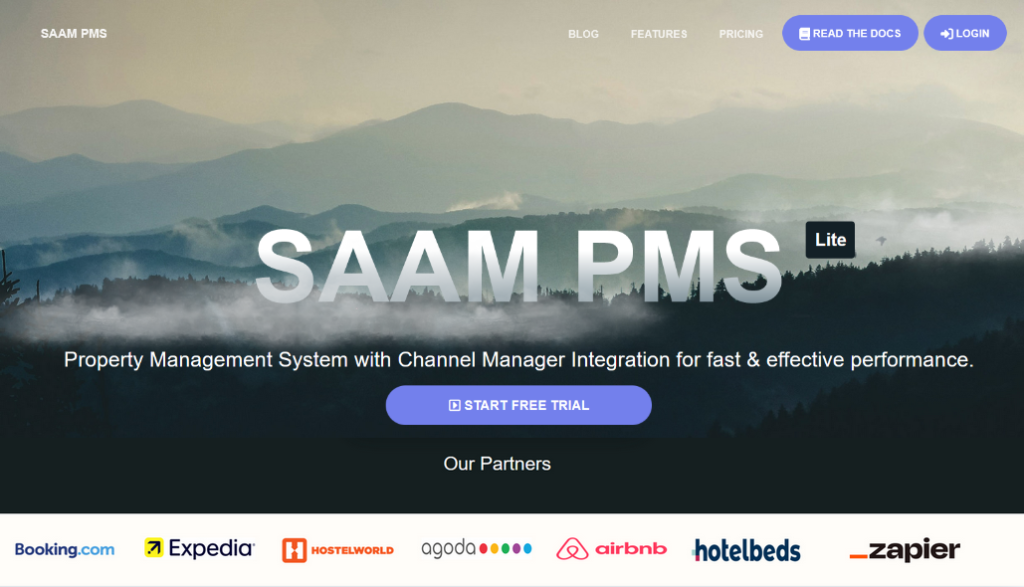
Conclusion
Managing a boutique hotel requires creativity, personalized service, and efficient technology. By selecting the best small hotel management software and reservation systems, you can streamline operations and enhance guest experiences. With the right tools, your boutique hotel can thrive in a competitive market, attracting guests seeking unique and memorable stays.
Investing in the right technology is crucial for success. Consider the options listed above to find the best fit for your establishment. By embracing technology and focusing on personalized service, your boutique hotel can stand out as a leader in hospitality excellence.
